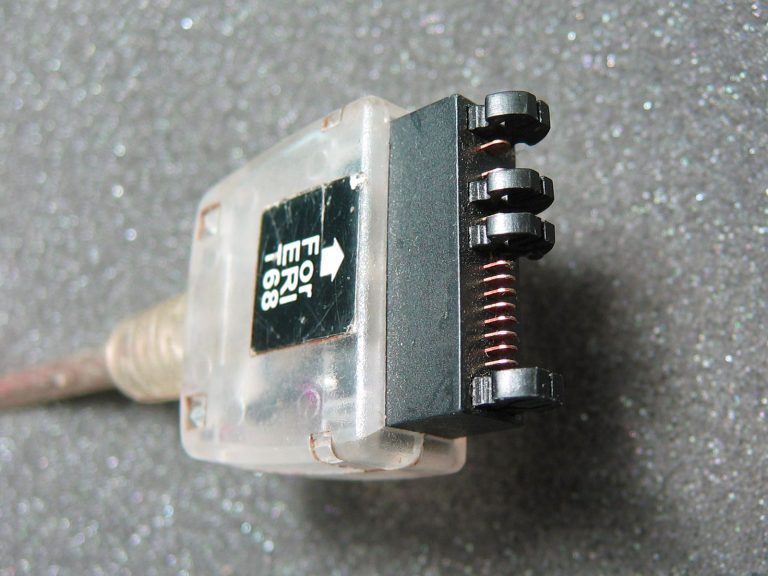Is A Sun Load Sensor A Thermistor?
Yes, a sun load sensor is a thermistor. A thermistor is a type of resistor whose resistance changes with temperature. Sun load sensors use thermistors to measure the amount of solar radiation that is incident on a surface.
Thermistors are made of semiconductor materials, such as silicon or germanium. When the temperature of a thermistor increases, its resistance decreases. This is because the semiconductor material becomes more conductive as it heats up.
Sun load sensors typically use a negative temperature coefficient thermistor. This means that the resistance of the thermistor decreases as the temperature increases. This is because the negative temperature coefficient thermistors are more sensitive to changes in temperature.
The sun load sensor in a vehicle is typically located on the dashboard, near the windshield. It is a small, black box with a lens on the front. The lens on the front of the sensor focuses the sunlight onto the thermistor. The thermistor then measures the amount of heat that is generated by the sunlight and sends a signal to the vehicle’s computer. The computer then uses this signal to adjust the climate control system accordingly.
If the sun load sensor is not working properly, the climate control system may not function correctly. This can lead to the vehicle becoming too hot or too cold. If you experience any problems with the climate control system in your vehicle, it is important to have the sun load sensor checked by a qualified mechanic.





